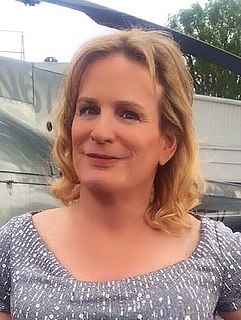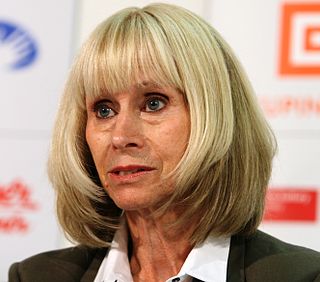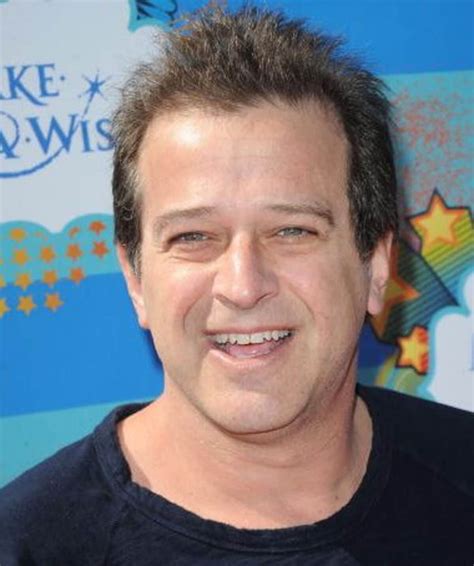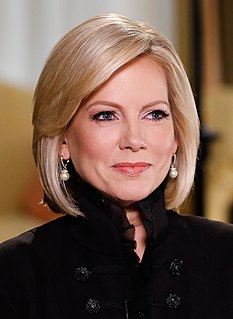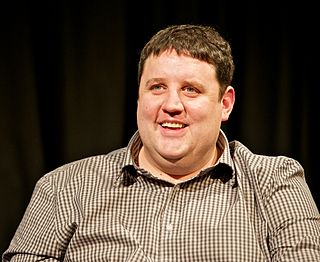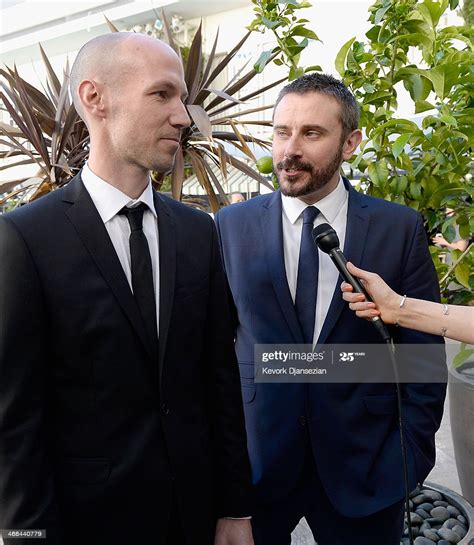A Quote by Jill Abramson
Having small children and being an investigative reporter would seem like a difficult mix, but it worked well for me. I was often working on my own enterprise stories, which were not as deadline sensitive.
Related Quotes
Woodfall wasn't deliberately telling working-class stories, but John Osborne and other writers who were involved with them were writing those stories, which had never really been written before. The working-class person always had to have an accent before, was often a joker, and peripheral. At Woodfall, they were driving the film.
As I worked on projects which fulfilled a real human need forces were working through me which amazed me. I would often go to sleep with an apparently insoluble problem. When I woke the answer was there. Why, then, should we who believe in Christ be so surprised at what God can do with a willing man in a laboratory? Some things must be baffling to the critic who has never been born again.
Well-being is possible to the degree to which one has overcome one's narcissism; to the degree to which one is open, responsive, sensitive, awake, empty.... Well-being means, finally, to drop one's Ego, to give up greed, to cease chasing after preservation and the aggrandizement of the Ego, to be and to experience one's self in the act of being, not in having, preserving, coveting, using.
As a parent with young children, I would always find little things that bothered me when I was reading bedtime stories or watching shows or listening to children's music. I couldn't find any stories, games or television shows that were fun and exciting while also being morally instructive and patriotic.
Working in local news makes you very self-sufficient, which is a good thing because you know how all the different jobs work. I've worked many of those jobs in the newsroom, from my first job answering the phones and working the prompter, to producing, to being a reporter who does all of those things.
Charles Burchfield would look at what you were working on and not say anything for several minutes. Then he would very sensitively respond - "Well, have you thought about?" or "Might you consider?" I respected that so much because I thought he was so sensitive to my work, and didn't want to offend me, but in the right way to encourage me.
The most important difference between these early American families and our own is that early families constituted economic unitsin which all members, from young children on up, played important productive roles within the household. The prosperity of the whole family depended on how well husband, wife, and children could manage and cultivate the land. Children were essential to this family enterprise from age six or so until their twenties, when they left home.
It's often frustrating when you're a war reporter and you're covering these places that far away. You're frustrated by making stories that people can't connect to in any way. It's hard for Americans to connect to Arabic-speaking Iraqis in refugee camps or Pashto-speaking Afghans in the countryside, and having a character who is a vehicle through which you're allowed to make these relationships really allowed us to gain in an emotional weight that was difficult for us to do any other way to make it all human.

